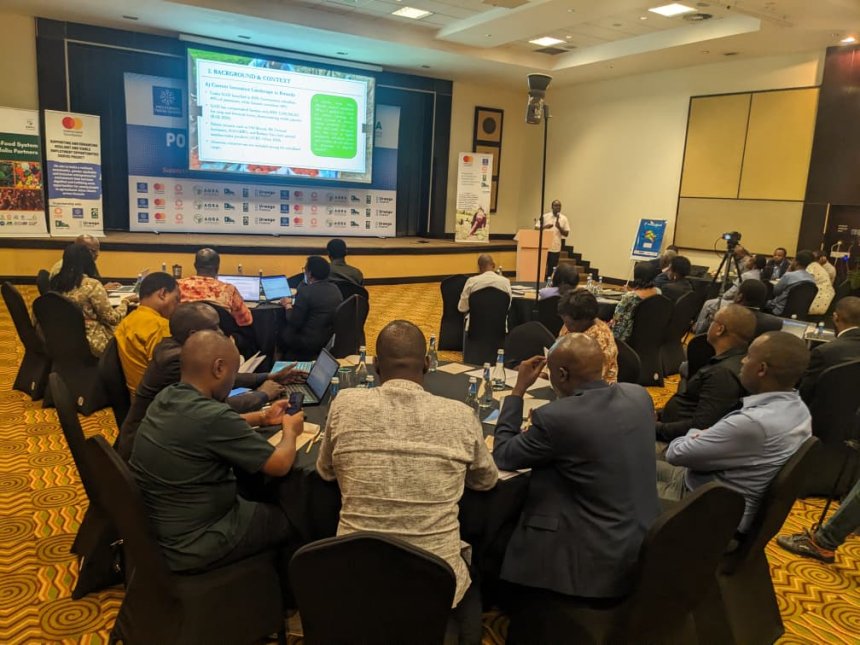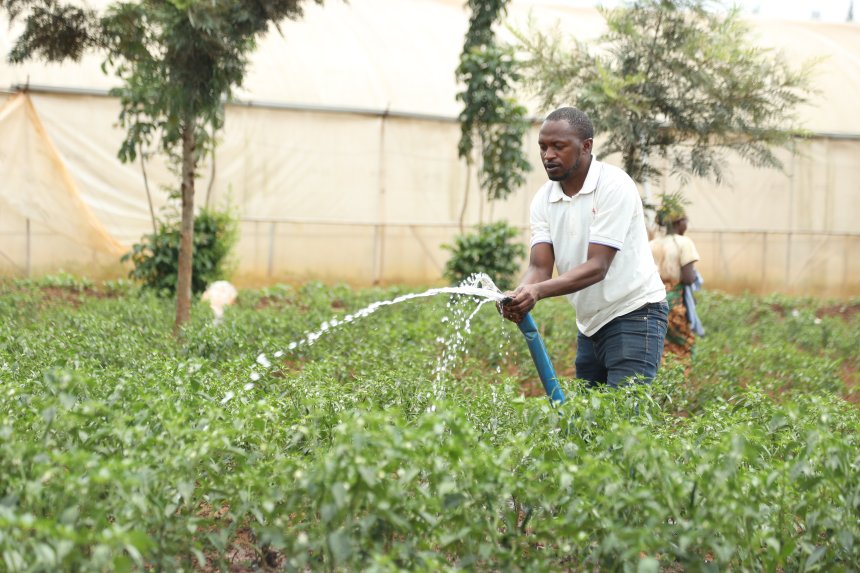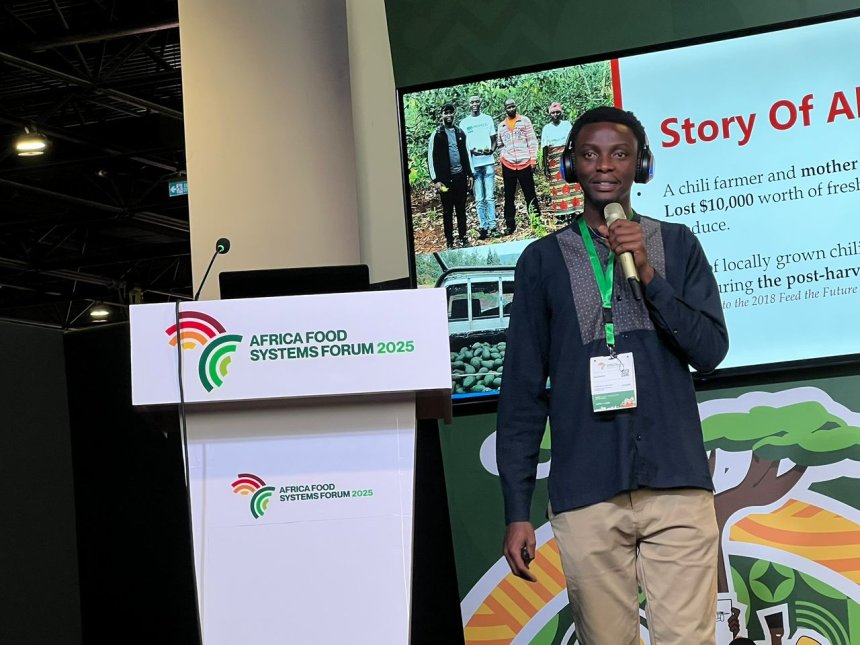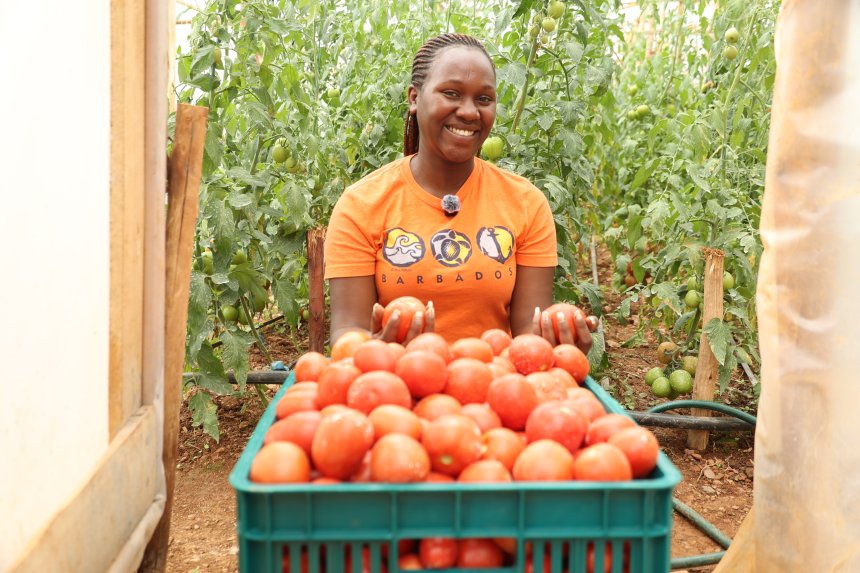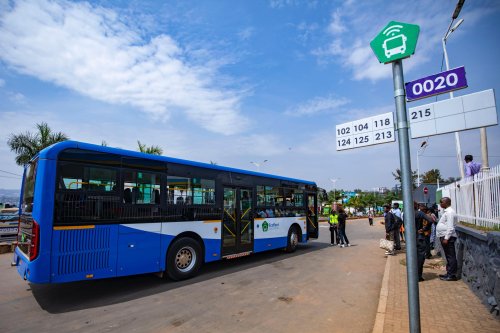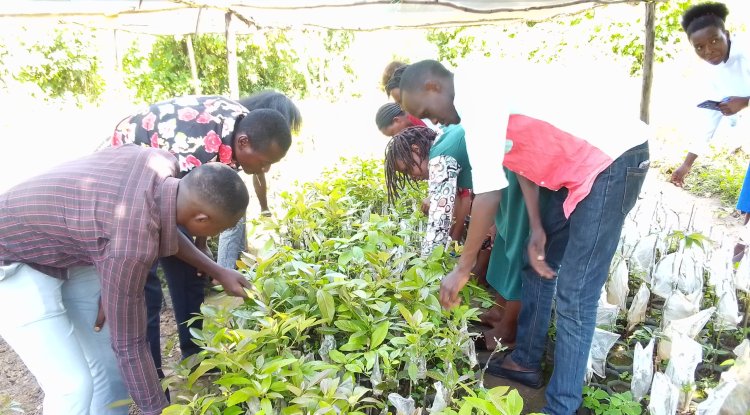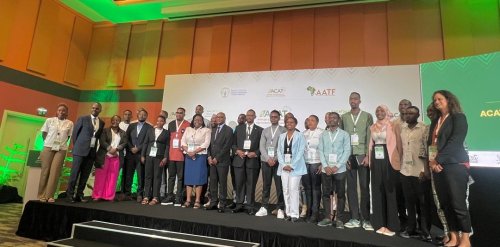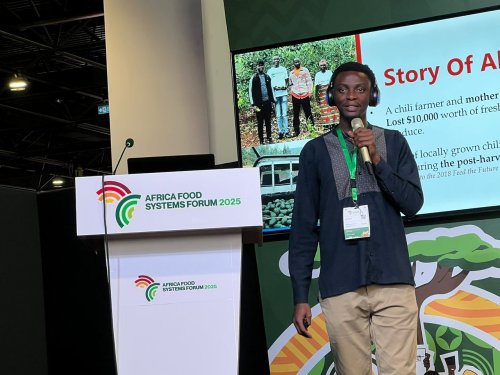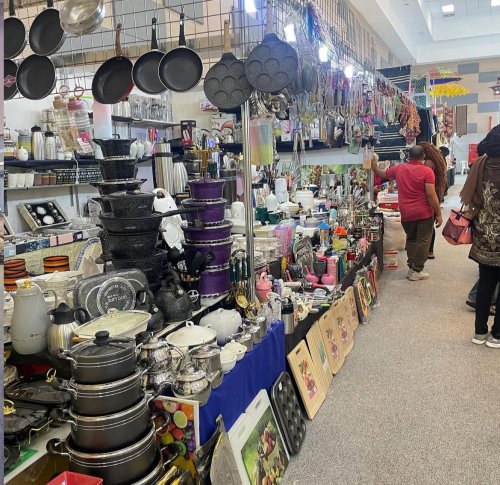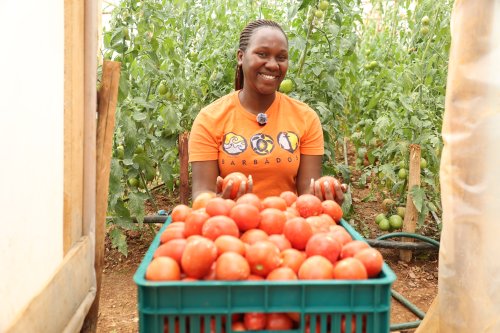Stakeholders push for inclusion of tomatoes in Rwanda’s national agriculture insurance scheme
On Thursday October 16,2025, Stakeholders in Rwanda’s agricultural sector convened in Kigali for a high-level meeting dubbed Policy Dialogue on Insurance for the Tomato Value Chain. The dialogue brought together policymakers, financial institutions, tomato farmers, and development partners to explore sustainable ways of introducing crop insurance for tomatoes a move expected to reshape youth employment opportunities across the country.
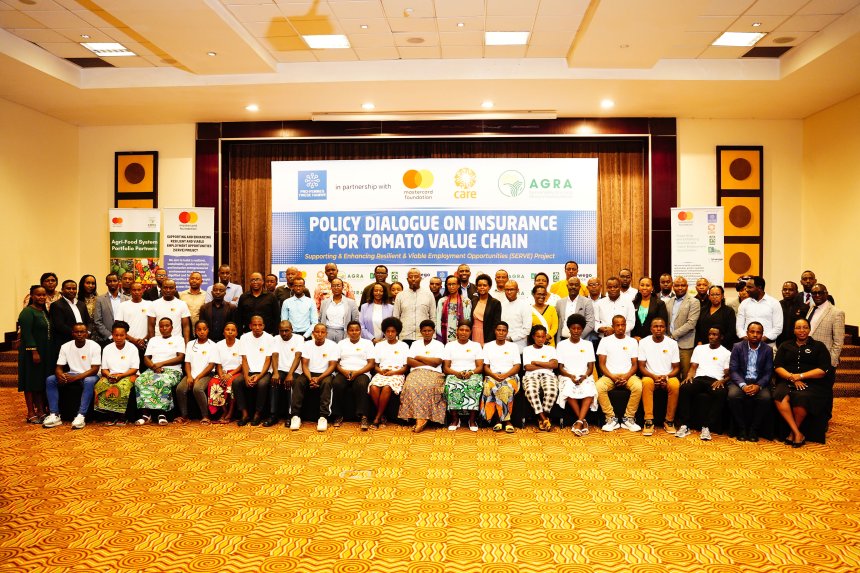
Despite persistent unemployment challenges among the youth, the Supporting and Enhancing Resilient and Viable Employment Opportunities (SERVE) project implemented by Pro-Femmes / Twese Hamwe in partnership with CARE International in Rwanda, AGRA, DUHAMIC-ADRI, AMIR, and Urwego Finance, is offering a new path toward inclusive and sustainable agricultural employment.
Research presented at the dialogue showed that agricultural insurance is not only a risk management mechanism but also a potential source of new employment opportunities for youth in cooperatives, microfinance institutions, or agricultural advisory services.
Emmanuel Ndagijimana, a tomato farmer from Huye District who has farmed for over five years, explained:
“We have insurance for other crops, but companies often tell us tomatoes are excluded. If tomato insurance becomes available, it will restore our confidence and help us treat farming as a genuine profession rather than a gamble.”
Similarly, Gaudence Dukuzumuremyi, a tomato farmer from Nyabihu District, noted that the absence of crop insurance has discouraged youth from investing in tomato farming.
“Tomatoes are vulnerable to diseases and natural disasters, and without insurance, many young people fear the risks. Once insurance is introduced, we’ll invest without hesitation and in turn, create jobs for other youth,” she said.
According to Emmanuel Ntagozera, Gender Equality and Social Inclusion Officer at Pro-Femmes / Twese Hamwe, empowering young people who view agriculture as a profession is a long-term investment in the nation’s future.
“When youth decide to take up farming as a career, they deserve structured support. Insurance is one of the most critical tools that protect them from losses and give them confidence to invest,” he emphasized.
Currently, Rwanda’s National Agriculture Insurance Scheme (NAIS) provides insurance for maize, beans, potatoes, and rice, with the government covering up to 40% of premiums. However, tomatoes are not yet included despite their high market value both domestically and in agro-processing industries.
Lucia Zigiriza, Senior Partners Coordination Officer at AGRA-Rwanda, explained that the meeting brought together all key players to advocate for the inclusion of tomatoes under national crop insurance.
“This dialogue is about pushing for change. Youth have repeatedly highlighted the lack of tomato insurance as a barrier. We want to demonstrate the potential of this crop to create jobs and promote food security, and we are working closely with the Ministry of Agriculture to make this a reality.”
Alice Mukamugema, Director General for Agriculture Value Chain Management and Trade at the Ministry of Agriculture and Animal Resources (MINAGRI), said the government is conducting feasibility studies to determine the best way to integrate tomato farming into the national insurance scheme.
“The national insurance program is still relatively young launched in 2019 and we began with a few priority crops. Because the funds come from the government, we must ensure the system benefits all citizens. Tomatoes are indeed among the essential crops we are assessing, and there is a strong possibility they will be added soon,” she explained.
The five-year SERVE project (2023–2027), funded by the Mastercard Foundation, aims to create decent and resilient employment for over 80,000 youth, particularly young women, through agribusiness, access to finance, and market-driven opportunities. It focuses on value chains such as tomatoes, chili, and beans crops with strong potential for youth-led enterprise growth.
According to recent research by Pro-Femmes / Twese Hamwe, Rwanda produces over 81,000 tons of tomatoes annually, yet farmers face significant losses due to pests, diseases, and climate variability. Participants at the policy dialogue called for a comprehensive national framework to extend insurance coverage to tomato farmers a step they say will unlock access to credit, stimulate investment, and accelerate job creation in the tomato value chain.
Under the SERVE project, which is funded by the Mastercard Foundation, Pro-Femmes / Twese Hamwe conducted research resulting in a position paper titled “Extending Agricultural Insurance to the Tomato Value Chain in Rwanda.” The study highlights the economic importance of tomatoes and calls for three key policy actions: Inclusion of the tomato value chain under NAIS, development of tailored insurance products for tomato farmers and bundling insurance with inputs, finance, and market access to maximize impact.
The research also revealed that Rwanda produces over 81,000 tons of tomatoes annually, yet farmers lose a significant share due to pests, diseases, and climate variability. Among the 23,504 youth profiled in the SERVE project, 8,111 mostly young women are engaged in tomato, chili, and bean value chains across 10 districts.
The five-year SERVE project (2023–2027) aims to create decent and resilient employment for over 80,000 youth, particularly young women, through agribusiness, access to finance, and market-driven opportunities. By extending agricultural insurance to the tomato value chain, stakeholders believe Rwanda can unlock access to credit, stimulate investment, and accelerate job creation across the agricultural sector.
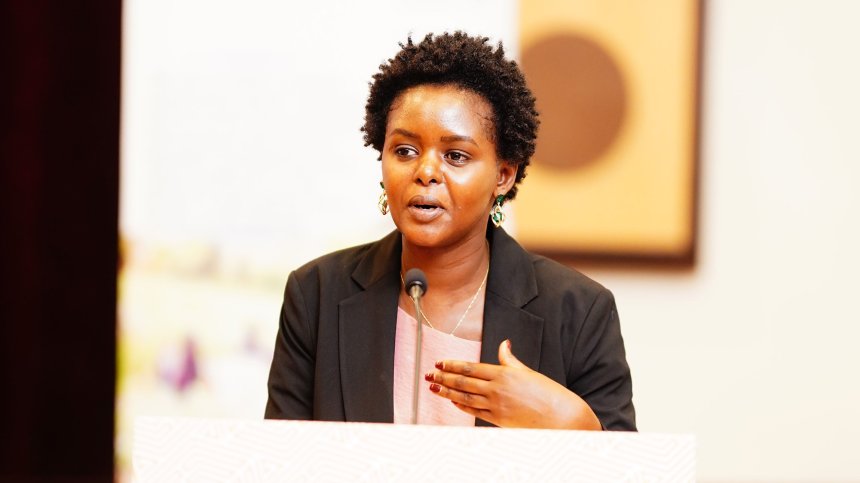 Ms. Alice Mukamugema, Director General of Agriculture Value Chain Management and Trade
Ms. Alice Mukamugema, Director General of Agriculture Value Chain Management and Trade
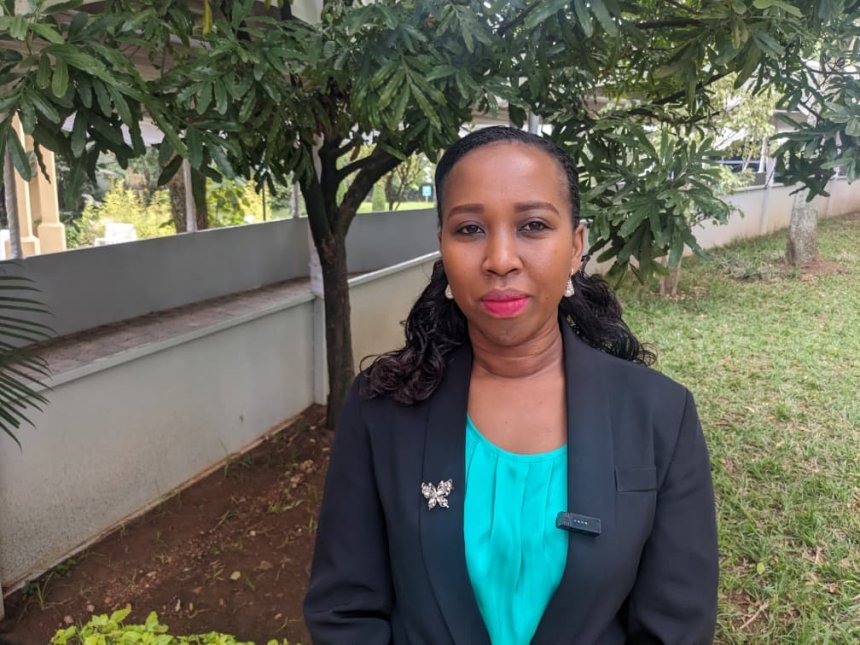 Lucia Zigiriza, Senior Partners Coordination Officer at AGRA-Rwanda
Lucia Zigiriza, Senior Partners Coordination Officer at AGRA-Rwanda
 Emmanuel Ntagozera, Gender Equality and Social Inclusion Officer at Pro-Femmes / Twese Hamwe
Emmanuel Ntagozera, Gender Equality and Social Inclusion Officer at Pro-Femmes / Twese Hamwe
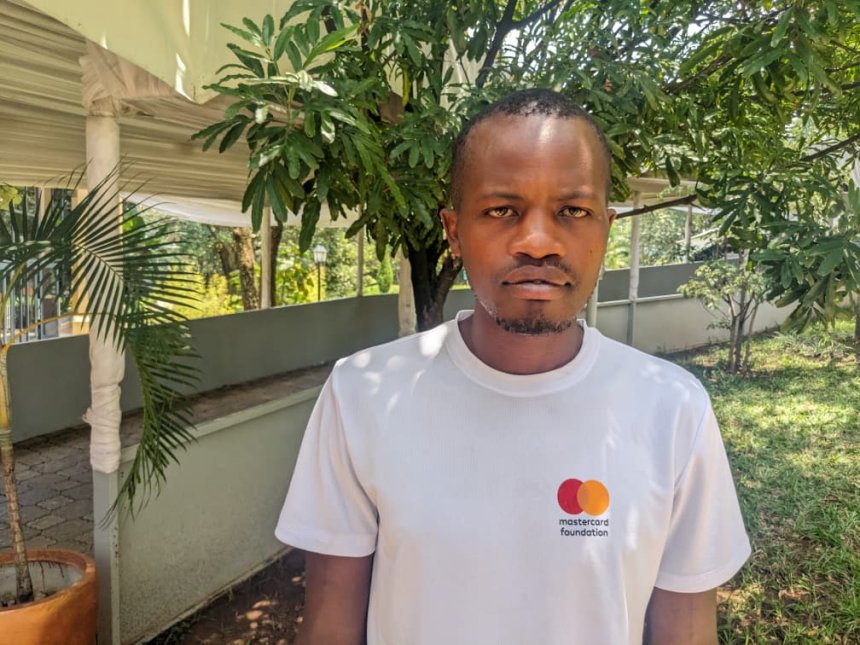 Emmanuel Ndagijimana, a tomato farmer from Huye District
Emmanuel Ndagijimana, a tomato farmer from Huye District
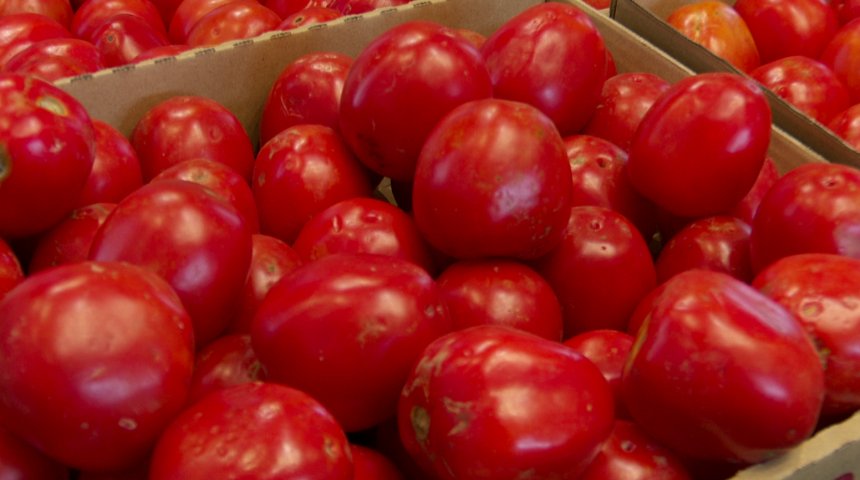 Tomato farmers in Rwanda are calling for insurance that covers their crops and secures their future
Tomato farmers in Rwanda are calling for insurance that covers their crops and secures their future
